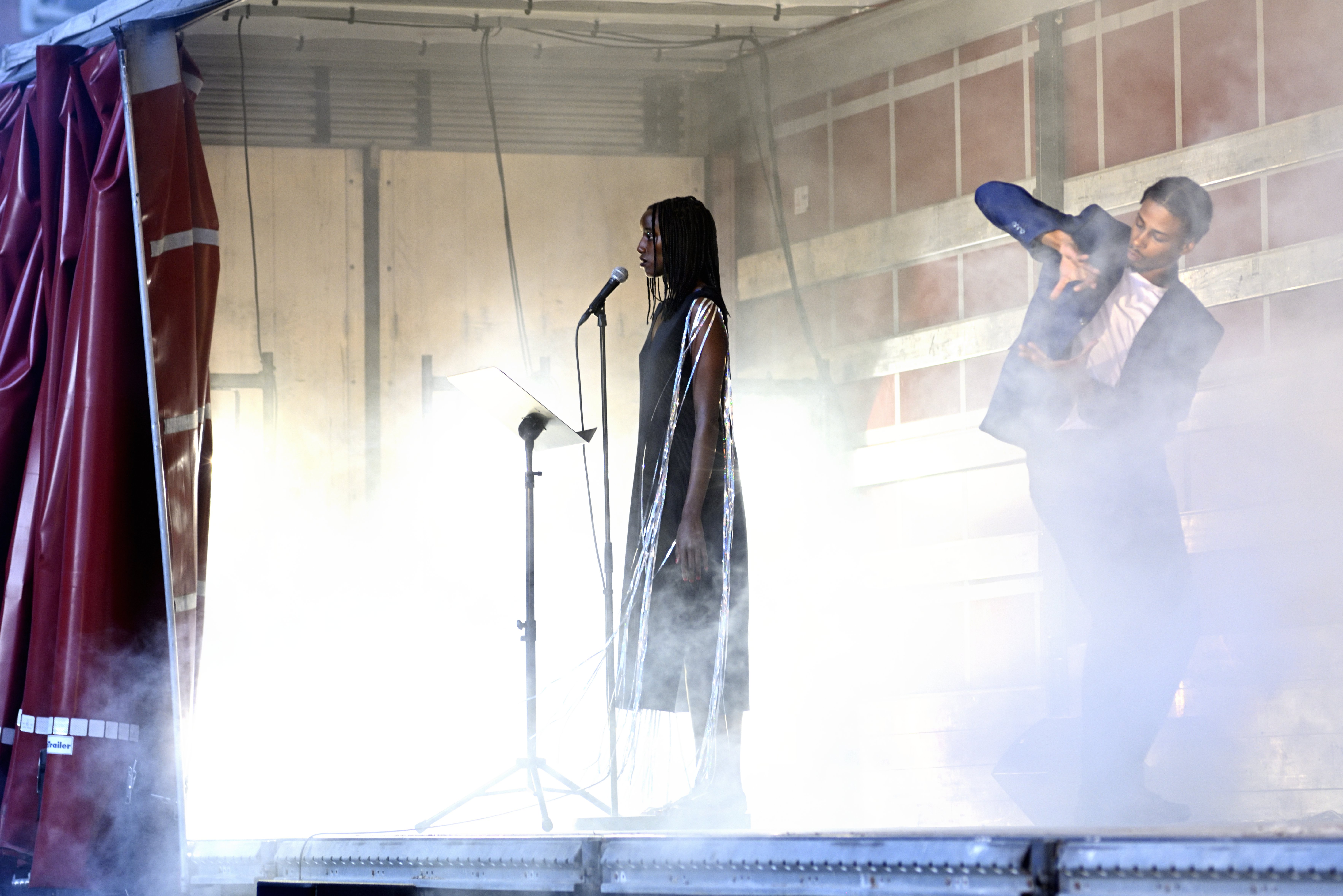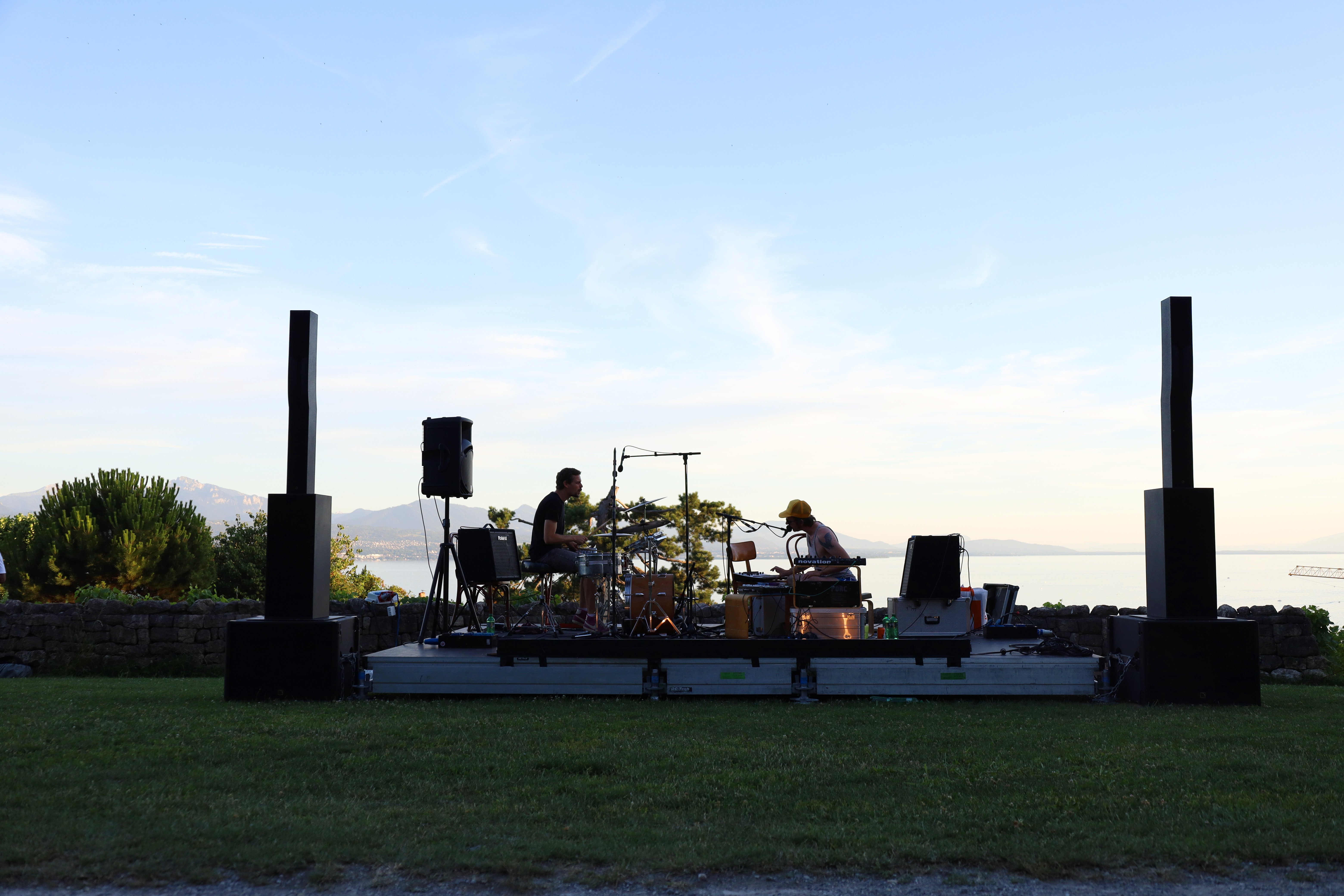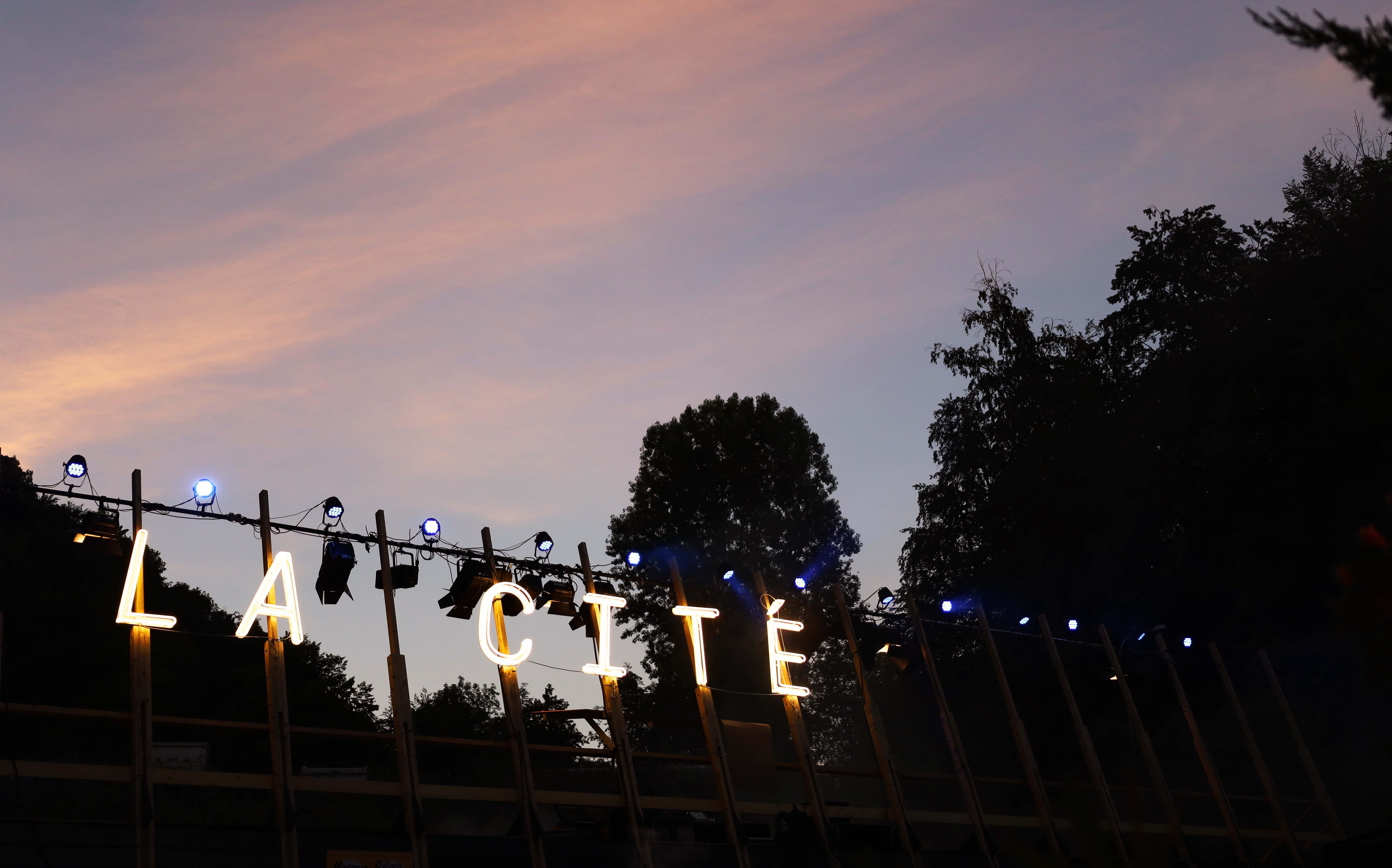About
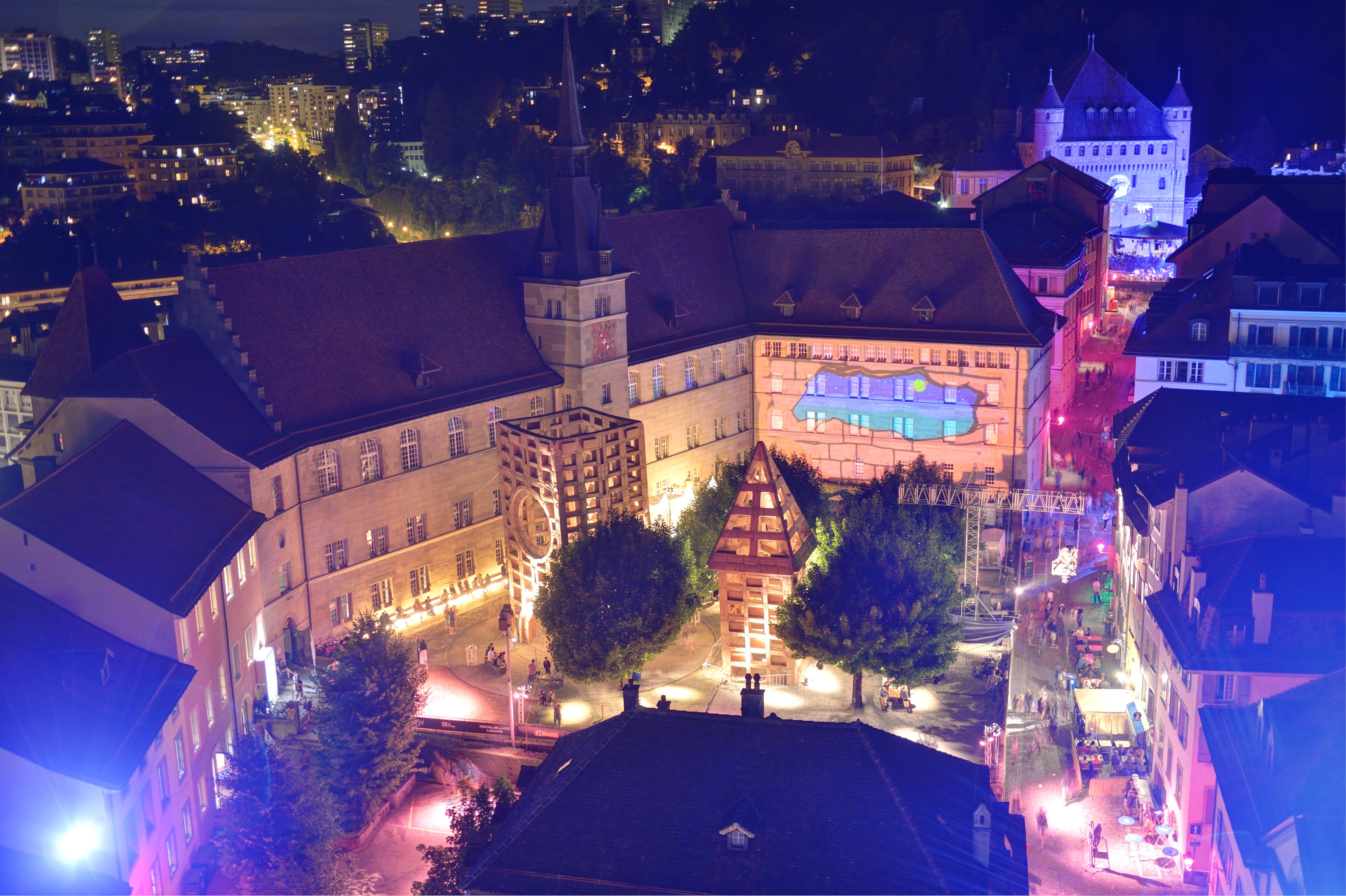
Festival de la Cité Lausanne showcases a unique and diverse range of artistic projects at no cost to the spectator. These include theatre, dance and performance arts, classical music, jazz and contemporary music, shows for young audiences, circus, literature, visual arts and architecture, to name a few.
Festival de la Cité is a contemporary, urban event that interacts with the city, its residents and its visitors.
The Festival promotes art in city spaces and artistic endeavours in situ. On a wider scale, it aims to foster an interaction between art, the public sphere and society at large. The Festival also wishes to instill the vibrant nature of contemporary performing arts at the core of the city's cultural and natural heritage.
Since it is liberated from the social, spatial and aesthetic limits imposed by certain performance spaces or venues with its corresponding costs, the Festival facilitates access to art and culture to as many people as possible.
Finally, what makes the Festival unique is its ambitious programming and convivial, offbeat spirit!
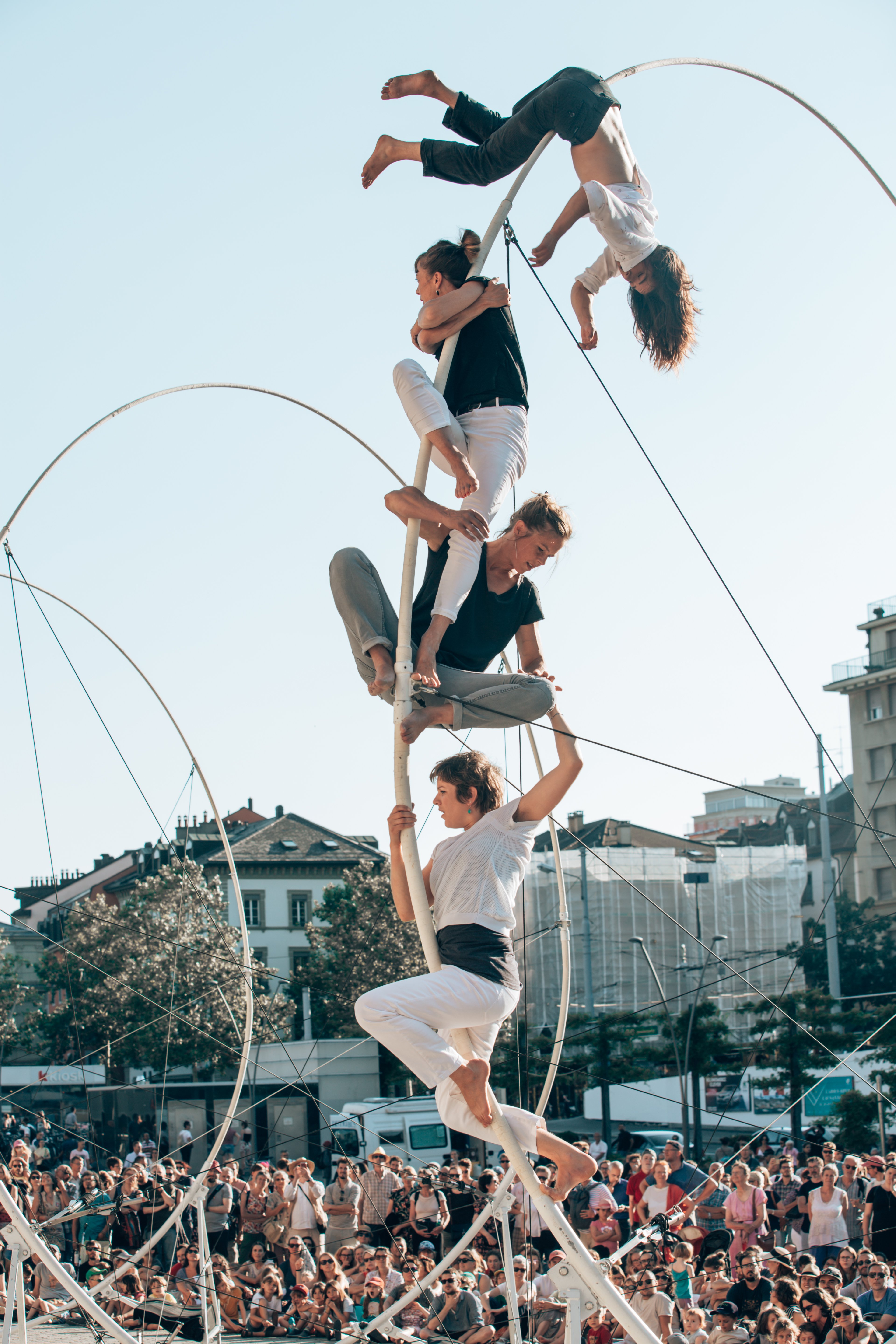
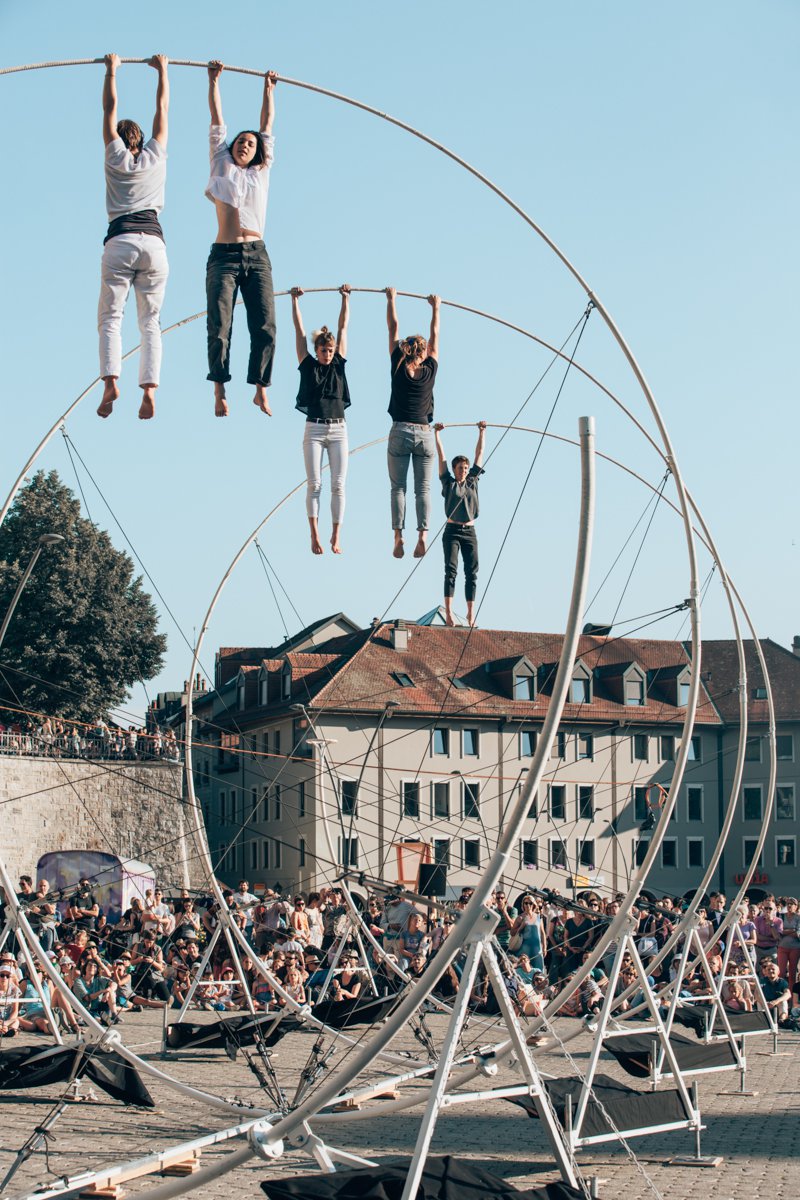
Artistic vision
The Festival de la Cité Lausanne invites its audience to discover programming that is at the same time accessible and popular, yet also edgy and disconcerting – with an emphasis on quality and originality.
The Festival de la Cité offers key events – innovative projects that put the spotlight on each edition: creations, encounters between artists, interdisciplinary projects, surprises, performances. The Festival prioritises situational projects and those that interact with the public realm, be it urban, natural or societal.
The Festival de la Cité challenges itself to initiate new projects each and every year, to realise new perspectives, to surprise, to do better and do different. Projects for which collaboration with Festival partners is welcome.
A melting pot of wildly diverse forms of expressions, the programming of the Festival de la Cité Lausanne is undeniably broad in scope!
It brings together emerging talent et proven values in the form of local and international artists, all of whom are professional.
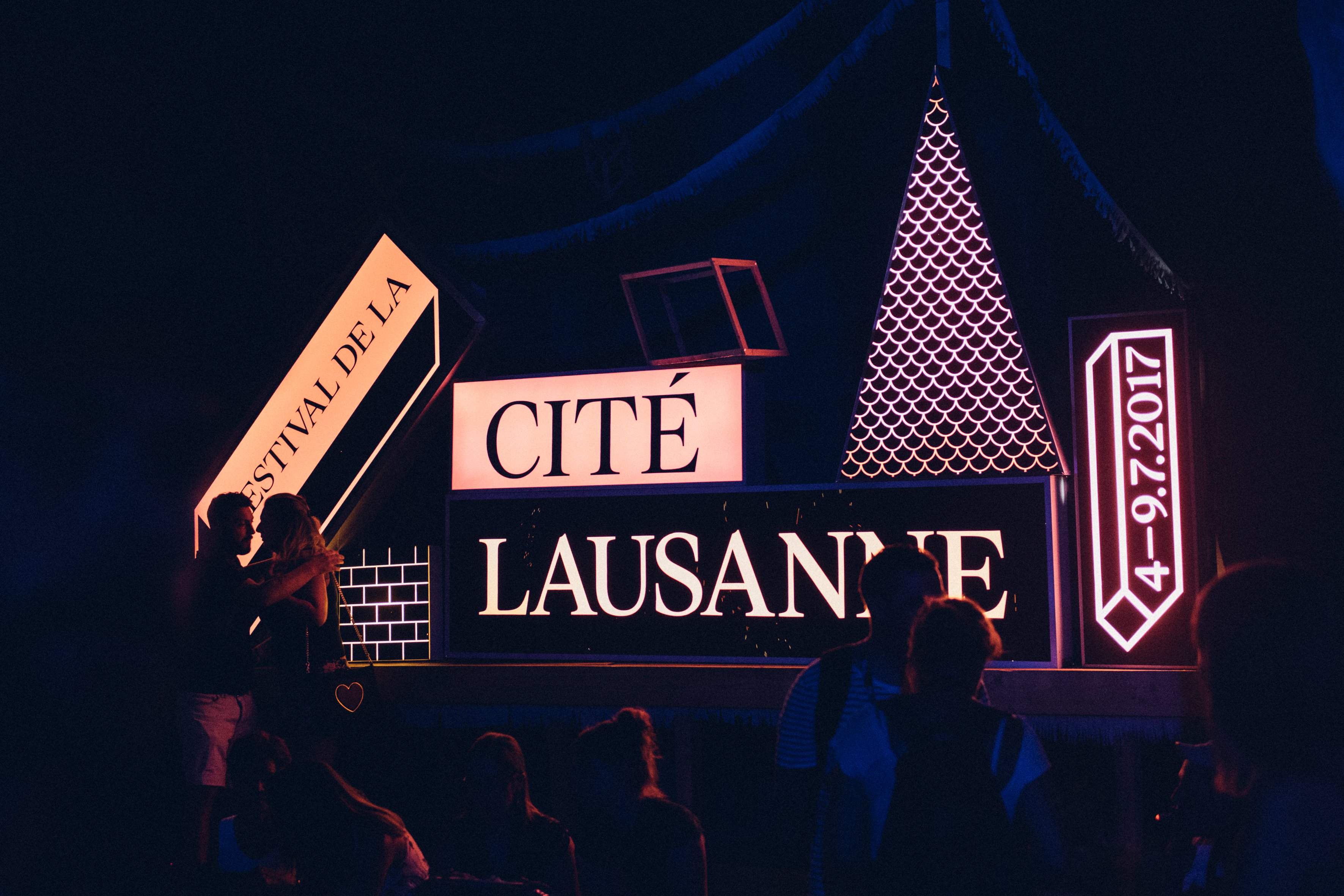
Facts & figures
- 6 days of festivities
- 80+ different shows
- 100,000+ spectators
- 440+ professional artists
- 19 stages simultaneously showcasing various performances
- 4+ decades of out-of-the-ordinary artistic visions
- 4 permanent staff members
- 15 fixed-term staff members
- 350 temporary staffers during the Festival itself (generally paid)
- 100% of shows and concerts free of charge for audiences to enjoy

Free admission
All of the Festival's events are available free of charge.
Kindly respect the performers and your fellow festivalgoers by reducing disruptive behaviour and movement to a minimum during shows.
Don't forget to keep your cool if there are no spots left - remember, everything is free so some shows fill up quite quickly!
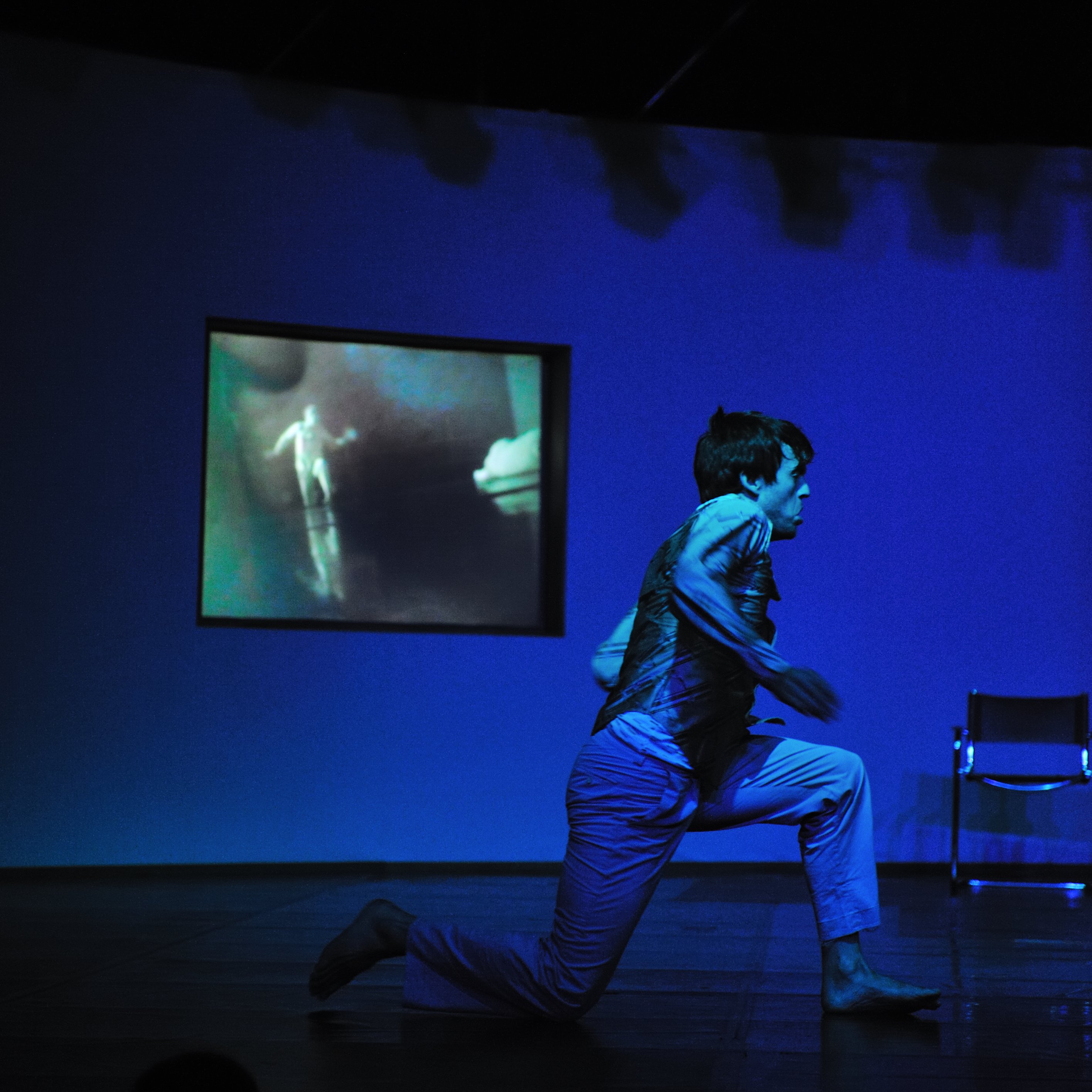
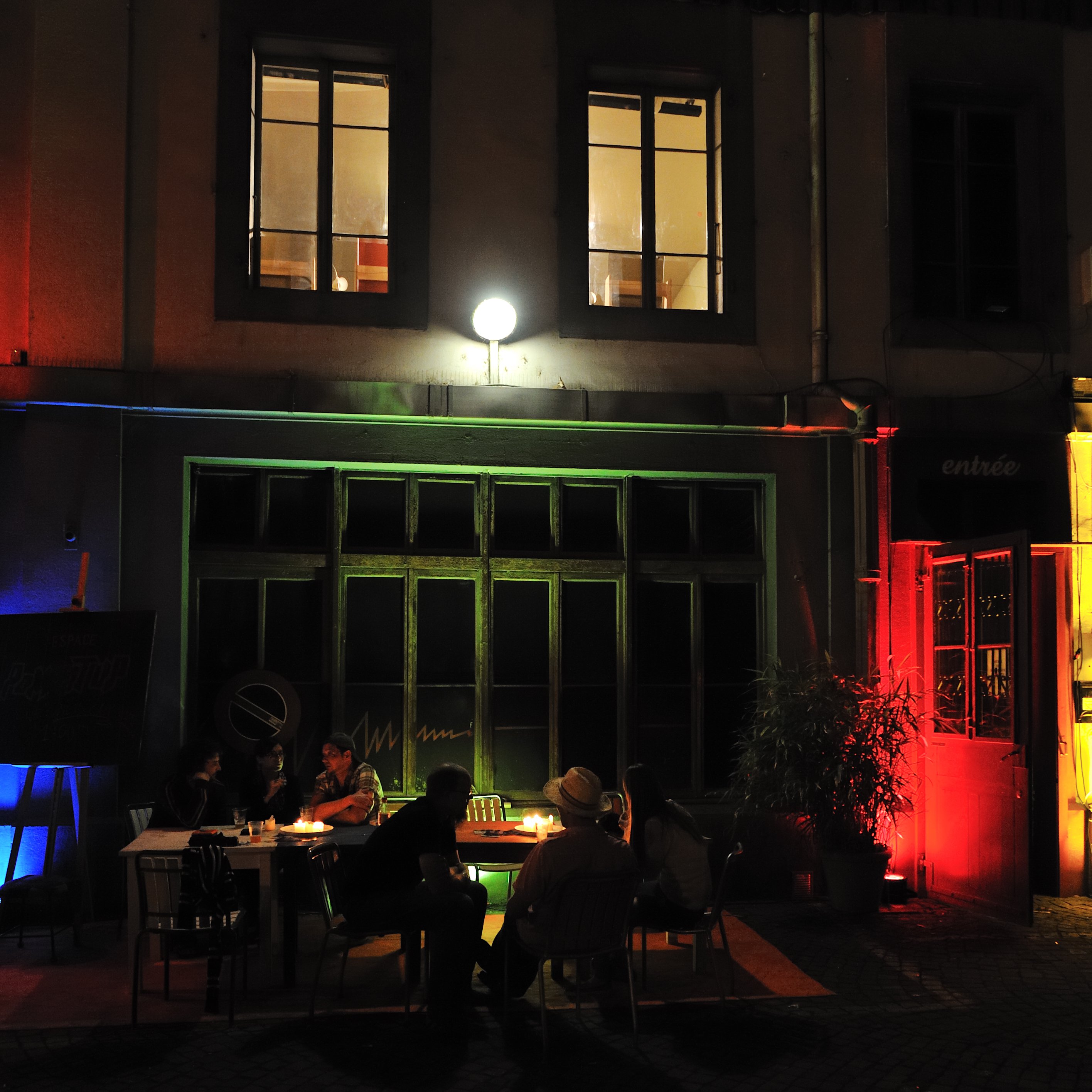
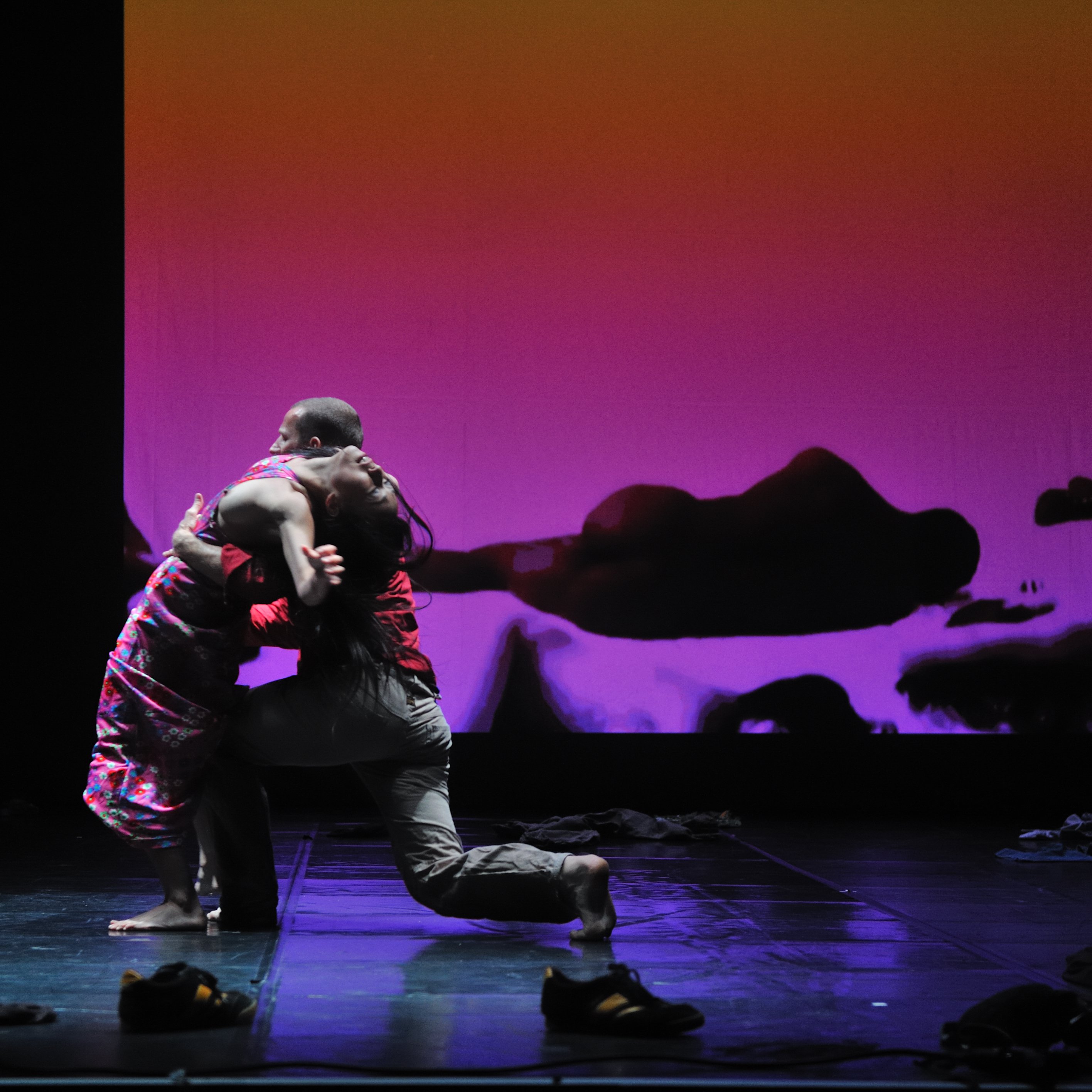
Respecting the neighbourhood and its residents
The Festival de la Cité Lausanne is privileged to host six nights of cultural festivities in the centre of Lausanne. Everyone is encouraged to take good care of the urban environment, parts of which are rich in heritage value. By respecting the surroundings, you help keep the Festival anchored in an urban setting, right where it belongs.
A big thank you in advance for respecting the neighbourhood's residents by minimizing noise levels when the shows are over, as well as by avoiding damage to buildings and vehicles in the area.
History
The story of the Festival de la Cité Foundation begins with a motion tabled in Lausanne by the socialist municipal councillor Marx Lévy in 1966, which proposed a study to look into the possibility of holding an annual public event in the city of Lausanne.
The Association pour la Fête à Lausanne was created on 21 March 1968, with the first event taking place on 28 and 29 June 1968, its primary aim to provide, free of charge, a wide range of shows. It was met with great enthusiasm by the public. Supported on a voluntary basis by numerous local artists, clubs and societies, in 1969 the Fête de Lausanne extended the area it initially occupied in the Cité quarter by embarking on a more ambitious cultural offering that incorporated the Place de la Cathédrale and Place du Château.
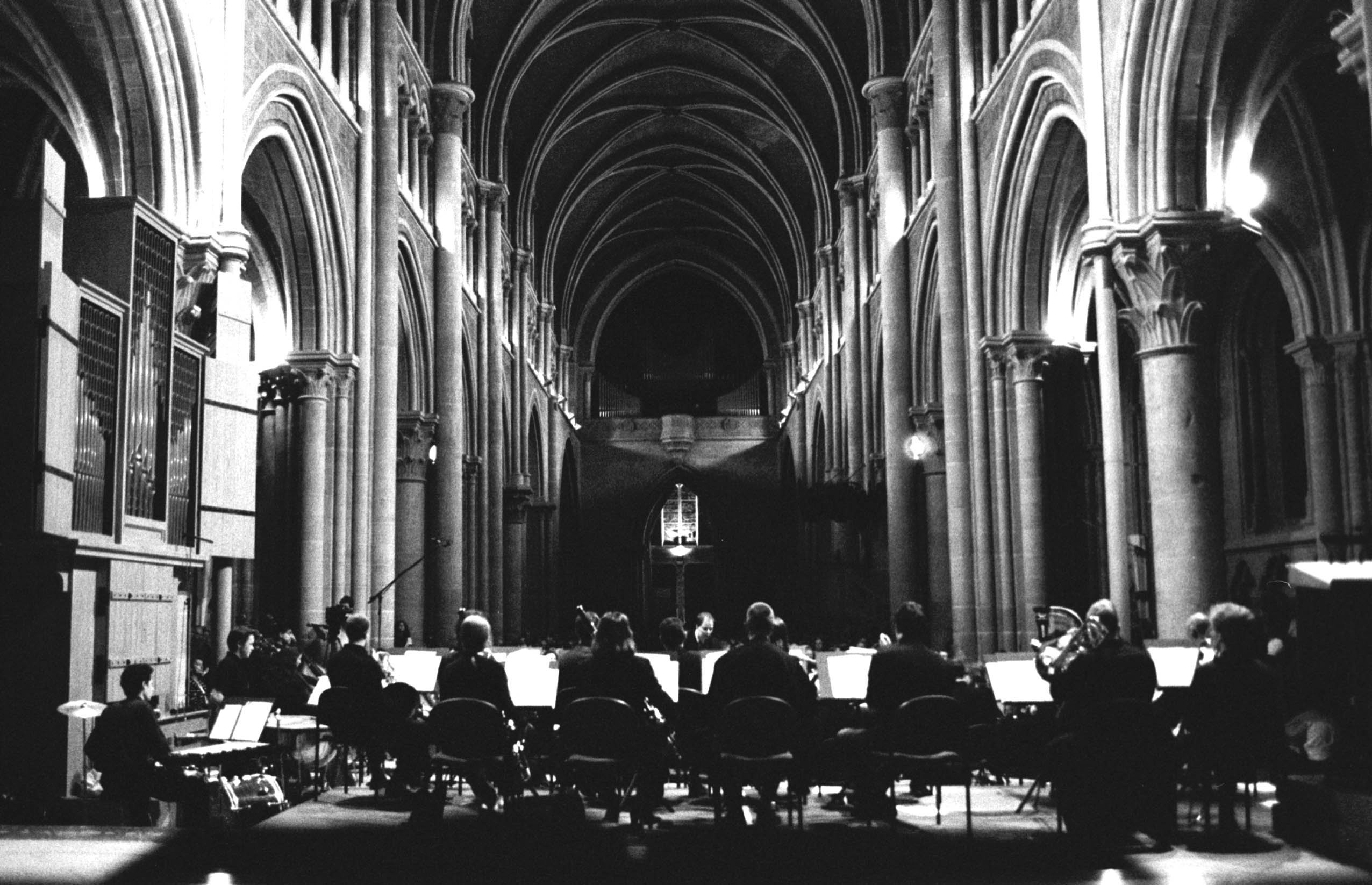
The first three editions of the Festival were marked by numerous incidents involving protests – some political in nature. These times of social unrest in Europe prompted the organising committee – fearing confrontations – to cancel the 1971 event just two weeks before it was due to open.
The cause of the trouble was a perceived lack of access to culture for the population at large, particularly low earners, young people and workers. Some political parties backed the movement, and 240 prominent personalities in Lausanne signed a petition protesting against the lack of a cultural policy.
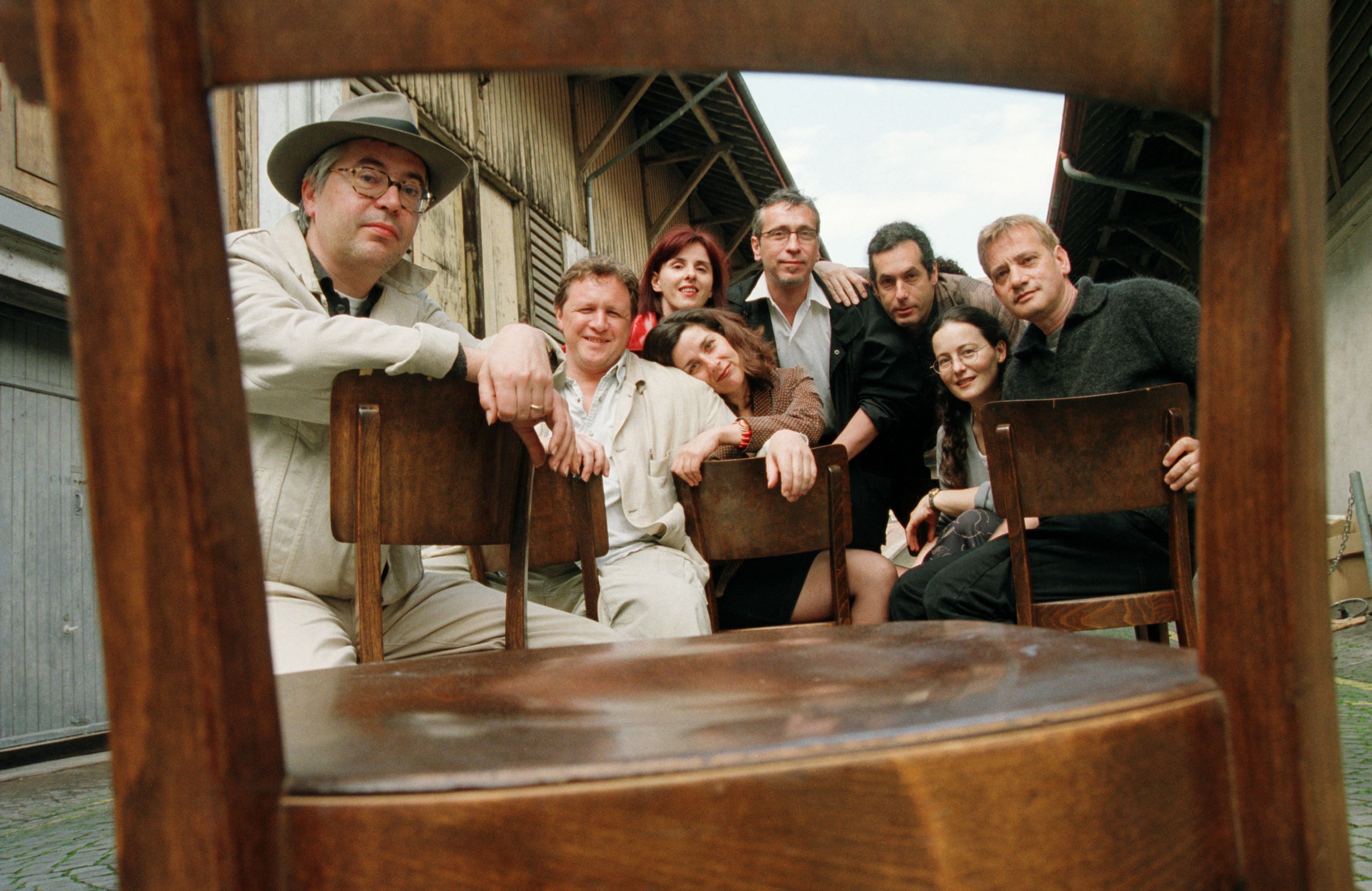
It was in this context of protest mobilisation, coupled with the abandoning of the 1971 edition of the Fête à Lausanne, that the Association des Amis de la Cité, on the initiative of actor and writer Gil Pidoux, proposed a more substantial cultural event within the framework of the original event in the Cité quarter: birth of the Festival de la Cité. The municipality supported the projected. A new multidisciplinary event launched in 1972 and took up residence in the heart of the historical quarter of the city: lasting a week and with free admission, it complemented the two-day Fête à Lausanne.
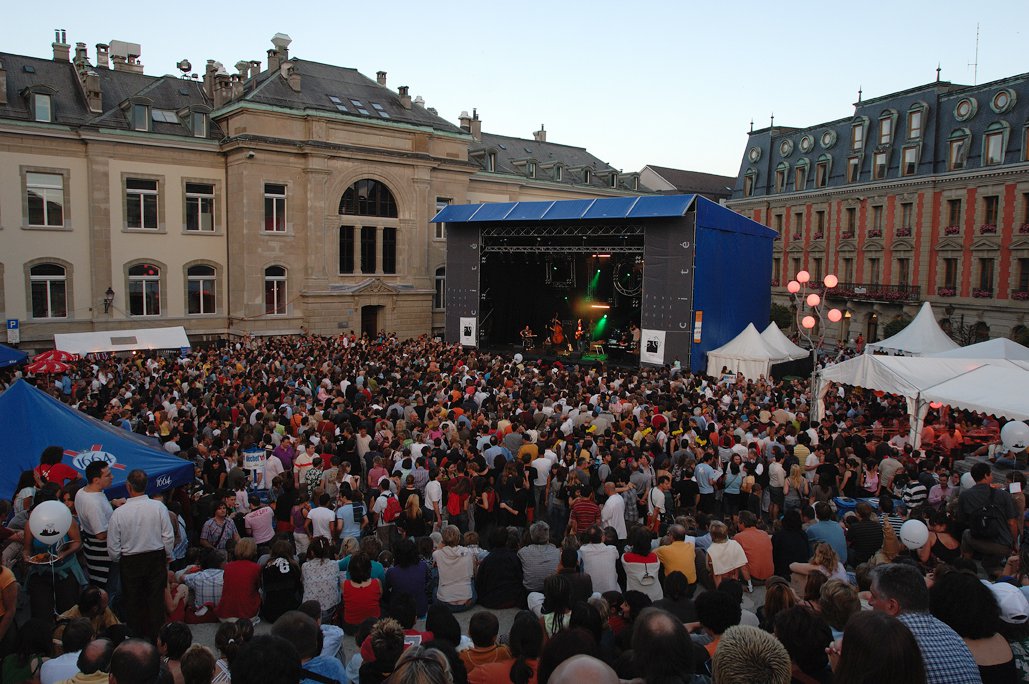
The organisers of the Festival de la Cité separated from the Fête à Lausanne in 1983, grew the event and incorporated it as an independent financial entity two years later. In 2002 it morphed into a private foundation, which changed its name to the Fondation Festival de la Cité and initiated a process of professionalisation.
Several figures have left their mark on the Festival, including Jean-Claude Rochat, Géraldine Savary, Silvia Zamora, Olivier Pavillon and Jacques Bert, the long-standing Director of the Festival who left office in 2002.
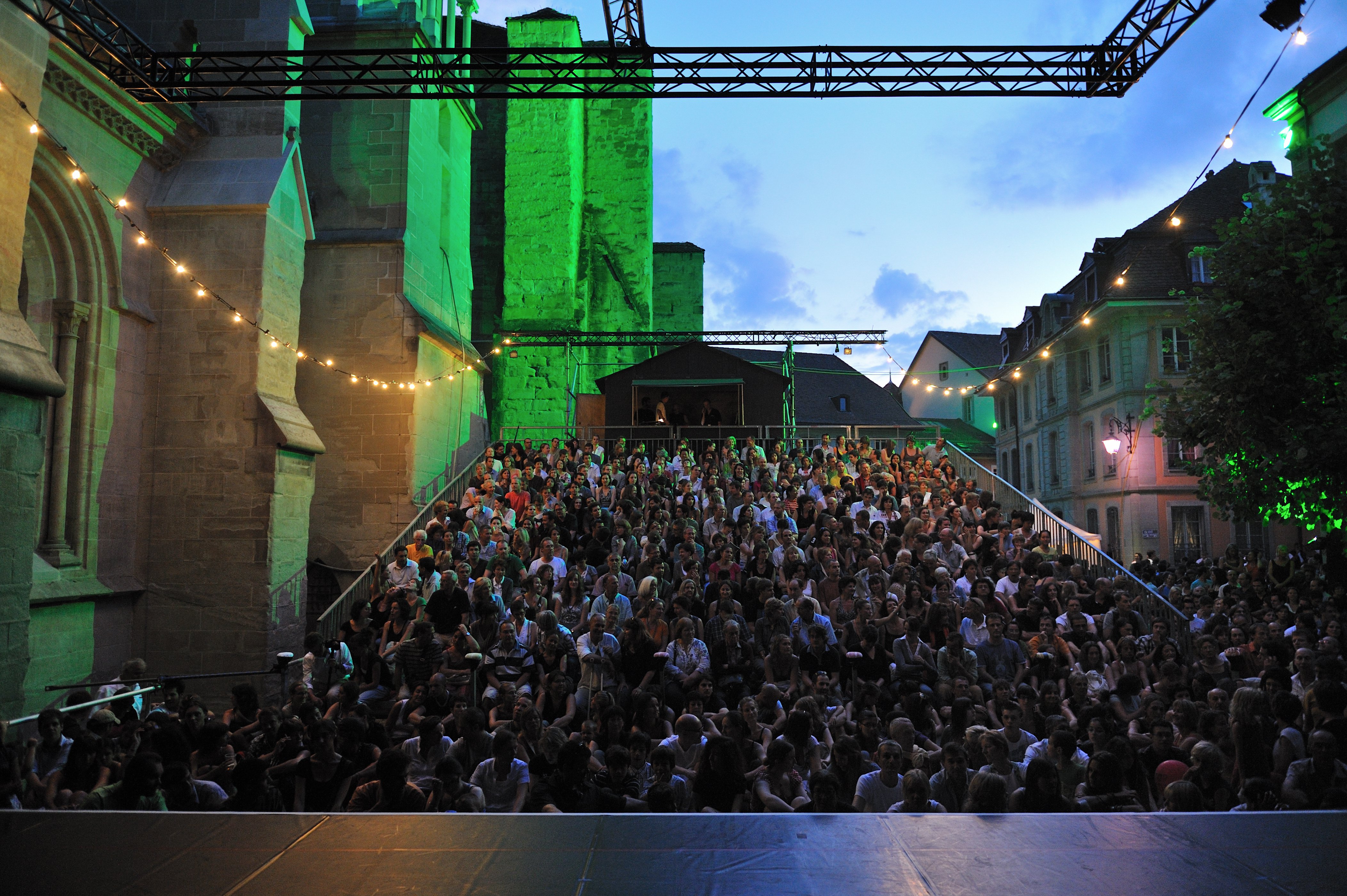
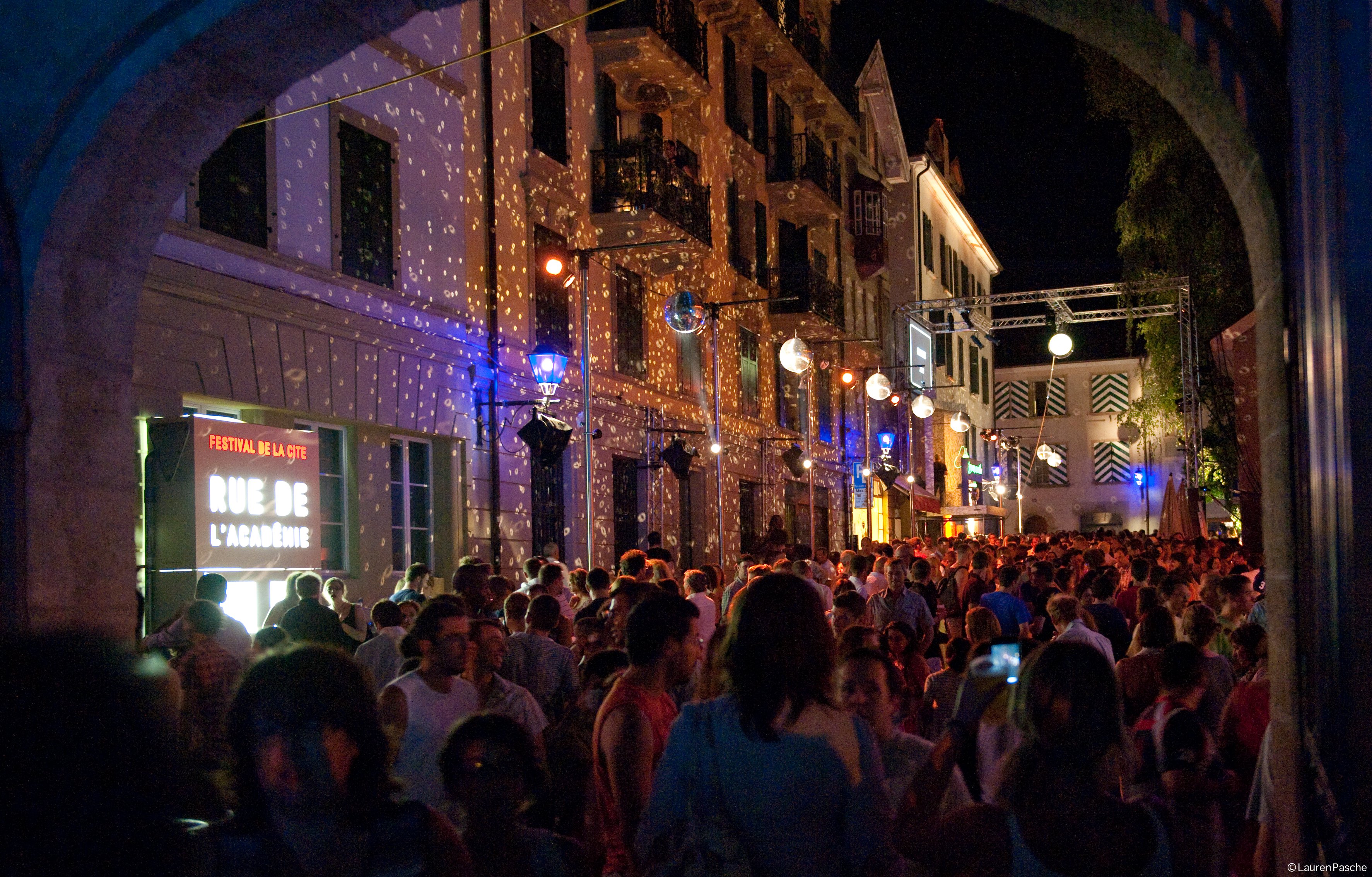
After the 2007 edition, the Governing Board of the Festival de la Cité chaired by Georges Caille decided to restructure its operations. It appointed Michael Kinzer as Artistic and Administrative Director, who entered office in September 2008. The Festival de la Cité Lausanne began offering six nights of unbounded cultural vibrancy in 2010 across 15 stages within the Cité quarter. The Festival celebrated its 40th edition in 2011. 2013 saw the addition of a curtain-raiser to the Festival (Prélude en ville) comprising a series of offbeat and offstage shows throughout the city during the week preceding the main event.
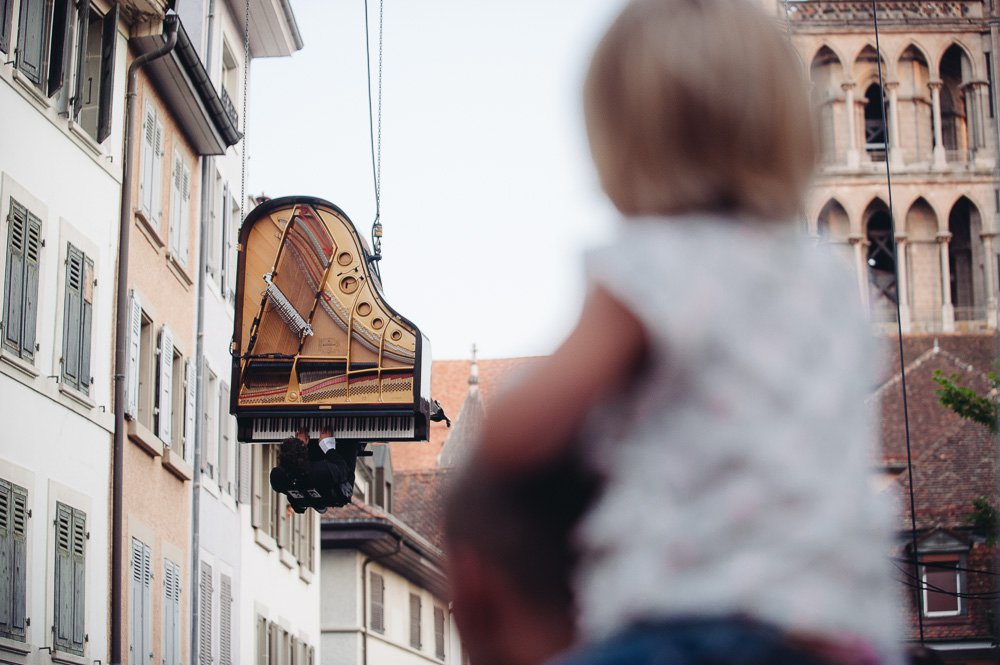
Driven from its stronghold in the historical quarter by construction work for the new Canton Vaud parliament building, in 2014 the Festival resettled successfully in the city in the wider sense.
Two years on, the challenge had turned into an opportunity: that of reaching out to residents in other neighbourhoods and motivating them to discover or rediscover the city of Lausanne through the lens of an artistic, convivial event featuring out-of-the-ordinary programming presented in unexpected venues.
Returning to the historical quarter in 2017 after most of the building site had been cleared, the Festival once again sought to strike that magical balance between art and celebration.
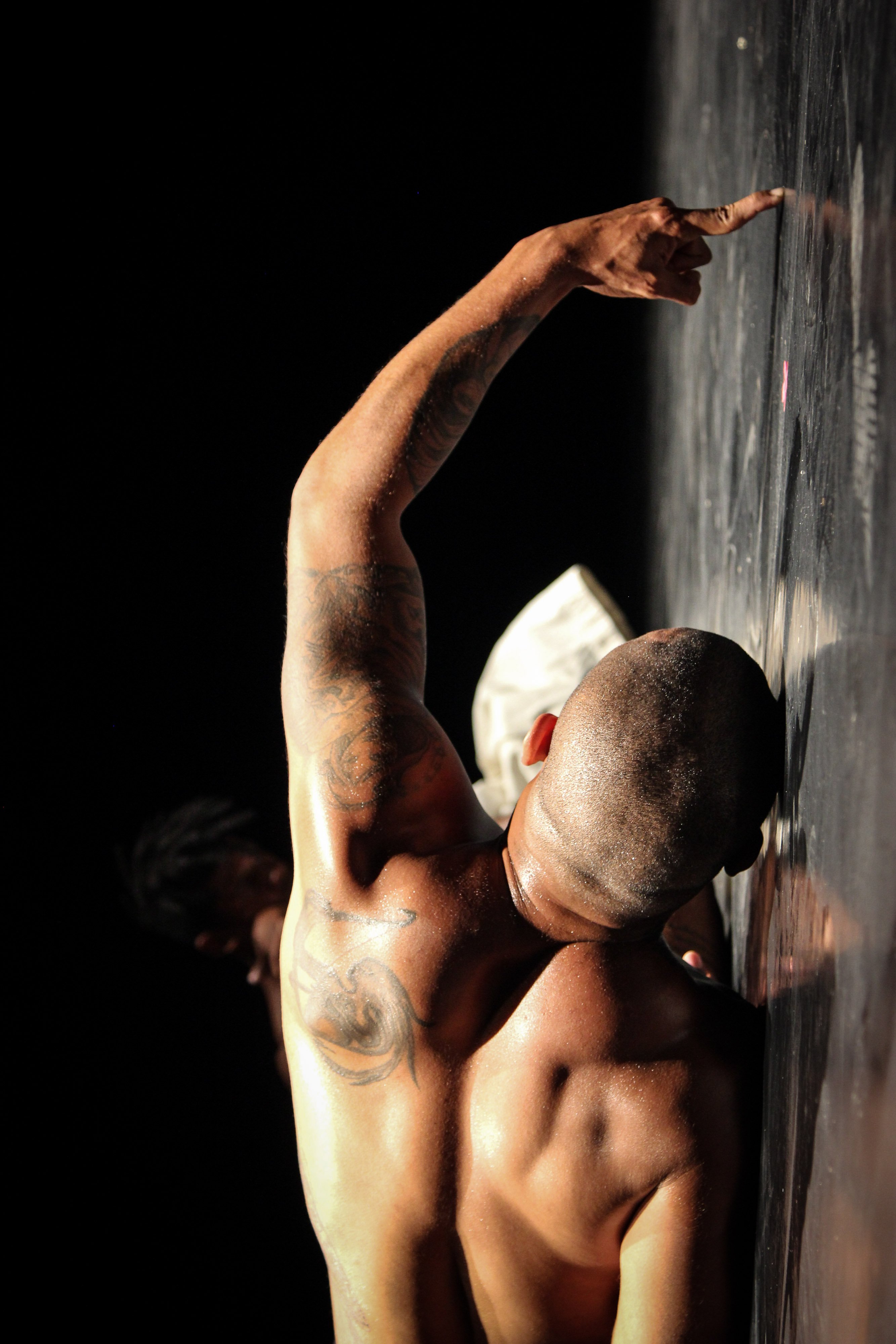
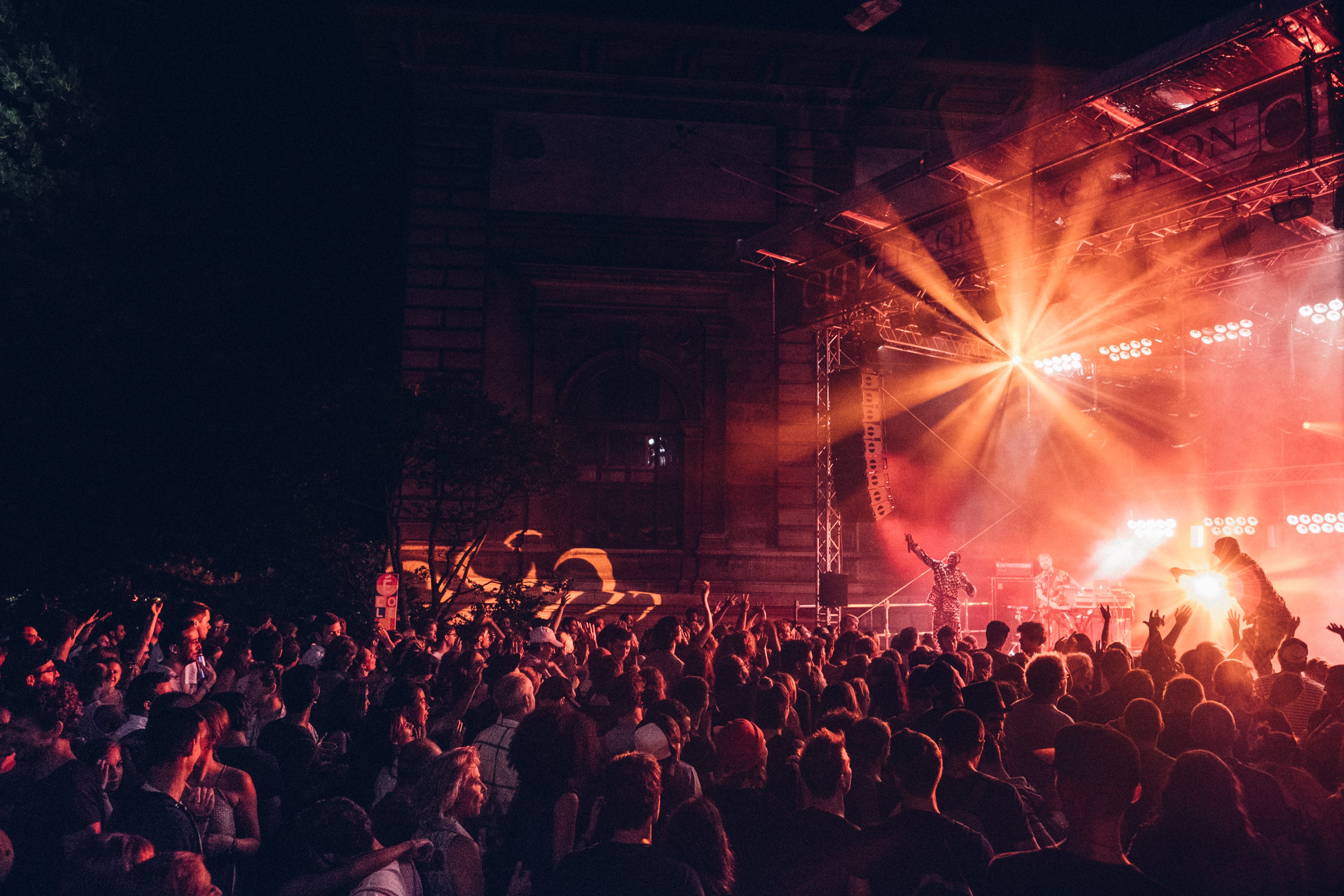
In 2018, the Festival moved into the Place du Tunnel, for the first time ever.
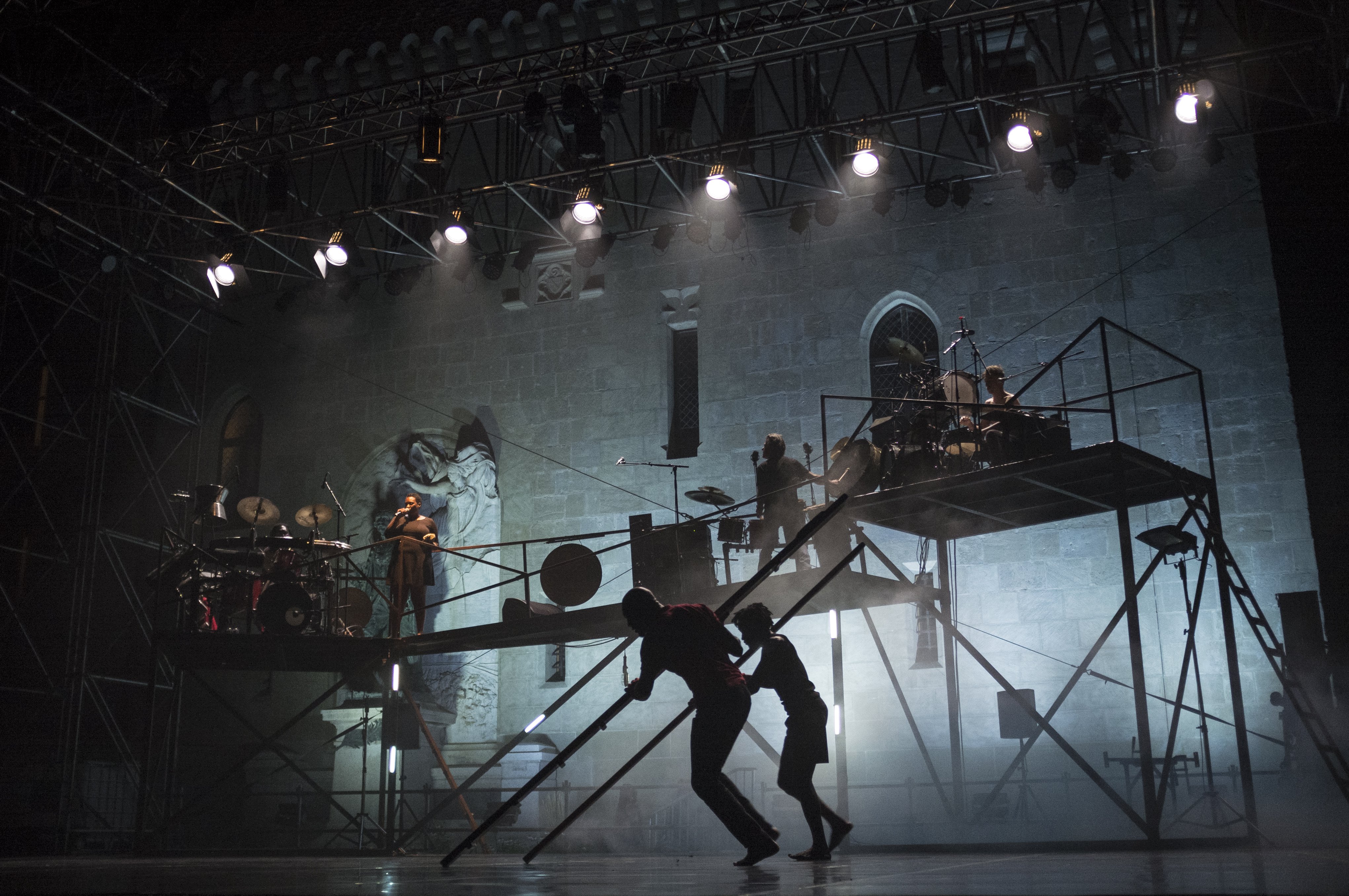
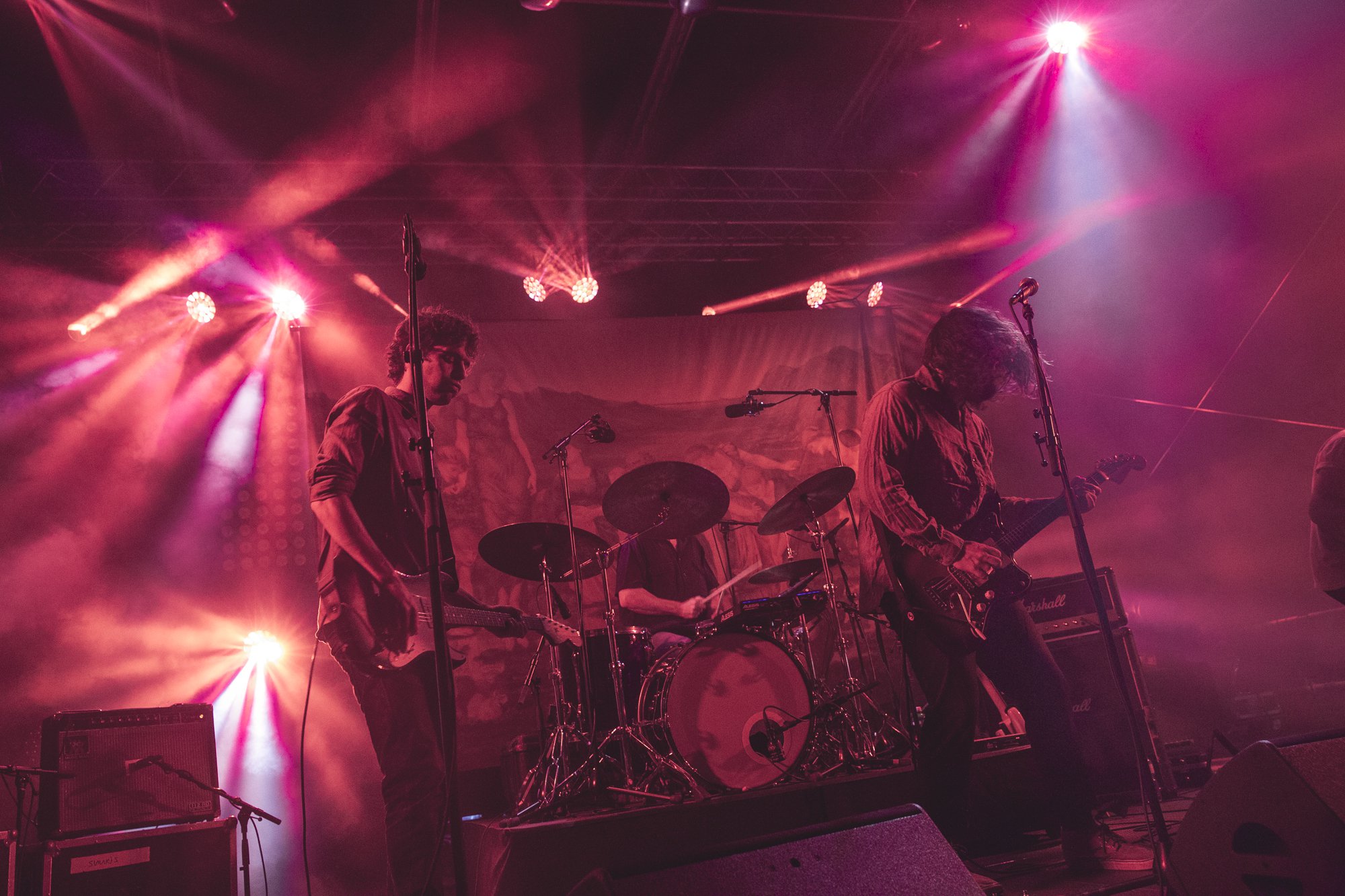
In 2019, the festival opens the edition on the Place de la Riponne, reinvests the Friche du Vallon and welcomes more than 100'000 festival-goers.
More than 80 artistic proposals (creations and installations in situ, shows, installations and concerts) for 153 performances are offered to the public in about twenty different and partly new places.
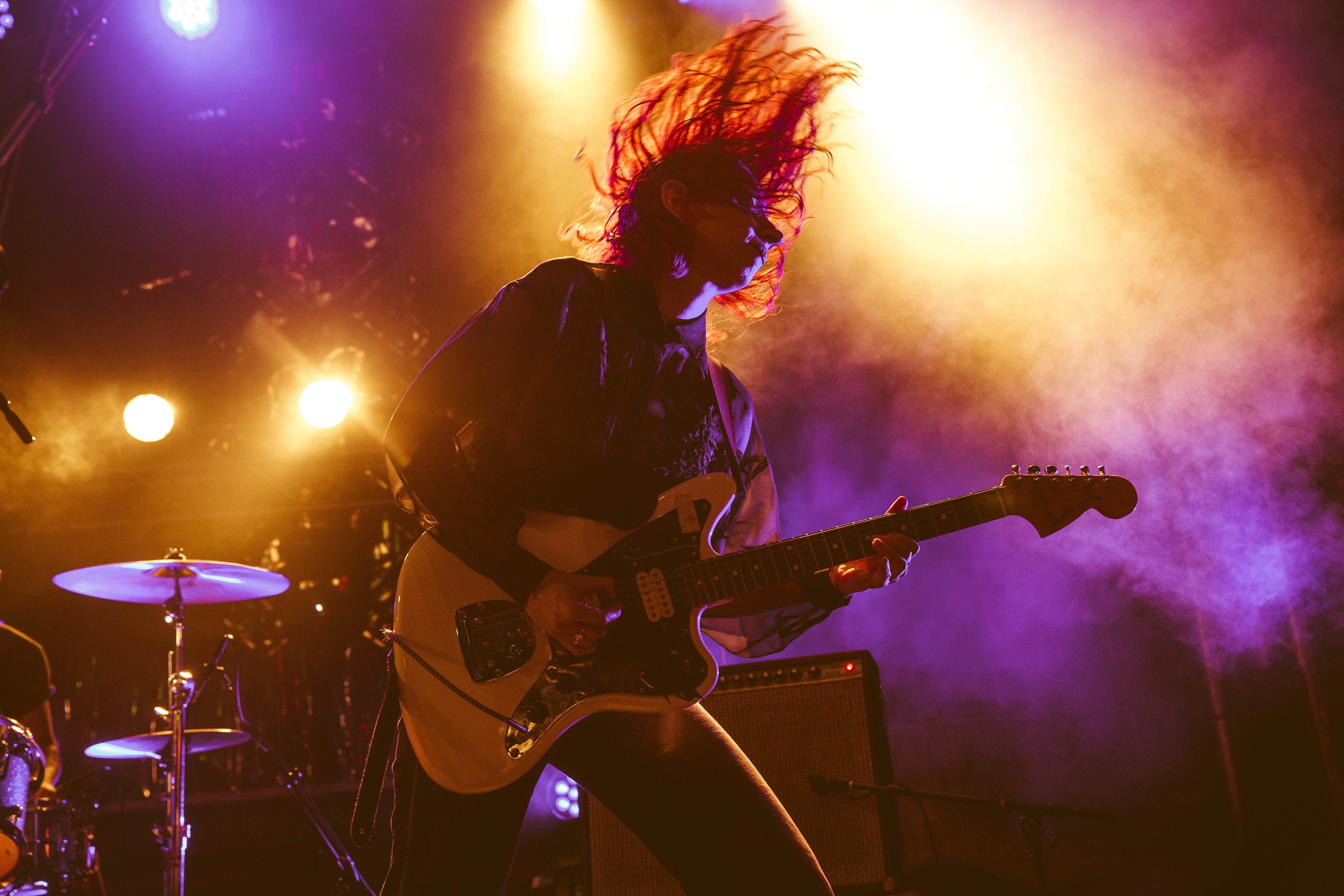
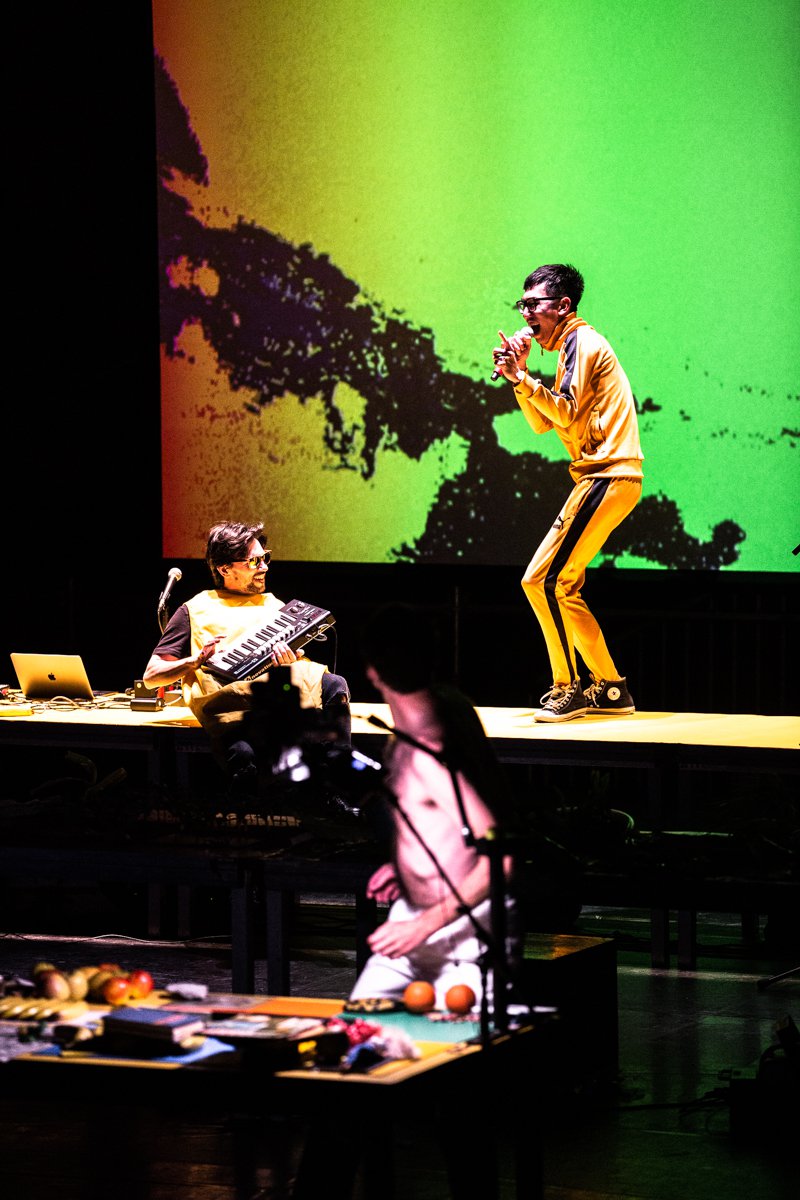
In 2020, the Festival de la Cité was severely tested by the Covid-19 health crisis and had to be cancelled to make way for Aux confins de la Cité. The event hosted about forty artistic projects and took place in many new locations in the city of Lausanne, in compliance with the sanitary norms decreed by the Federal Council.
